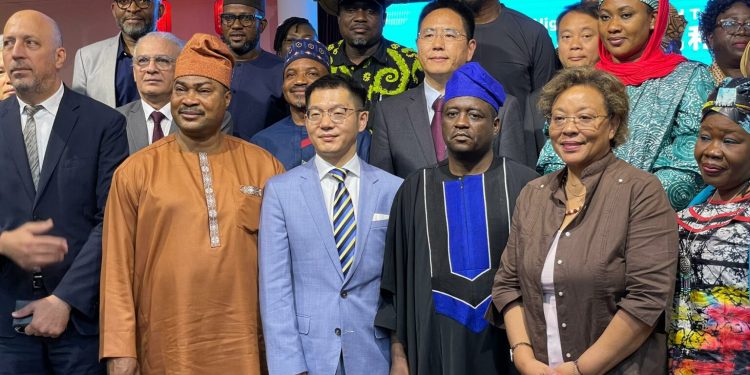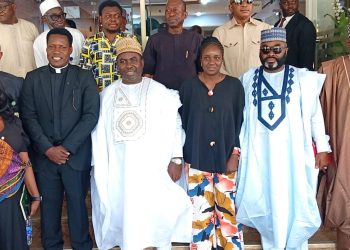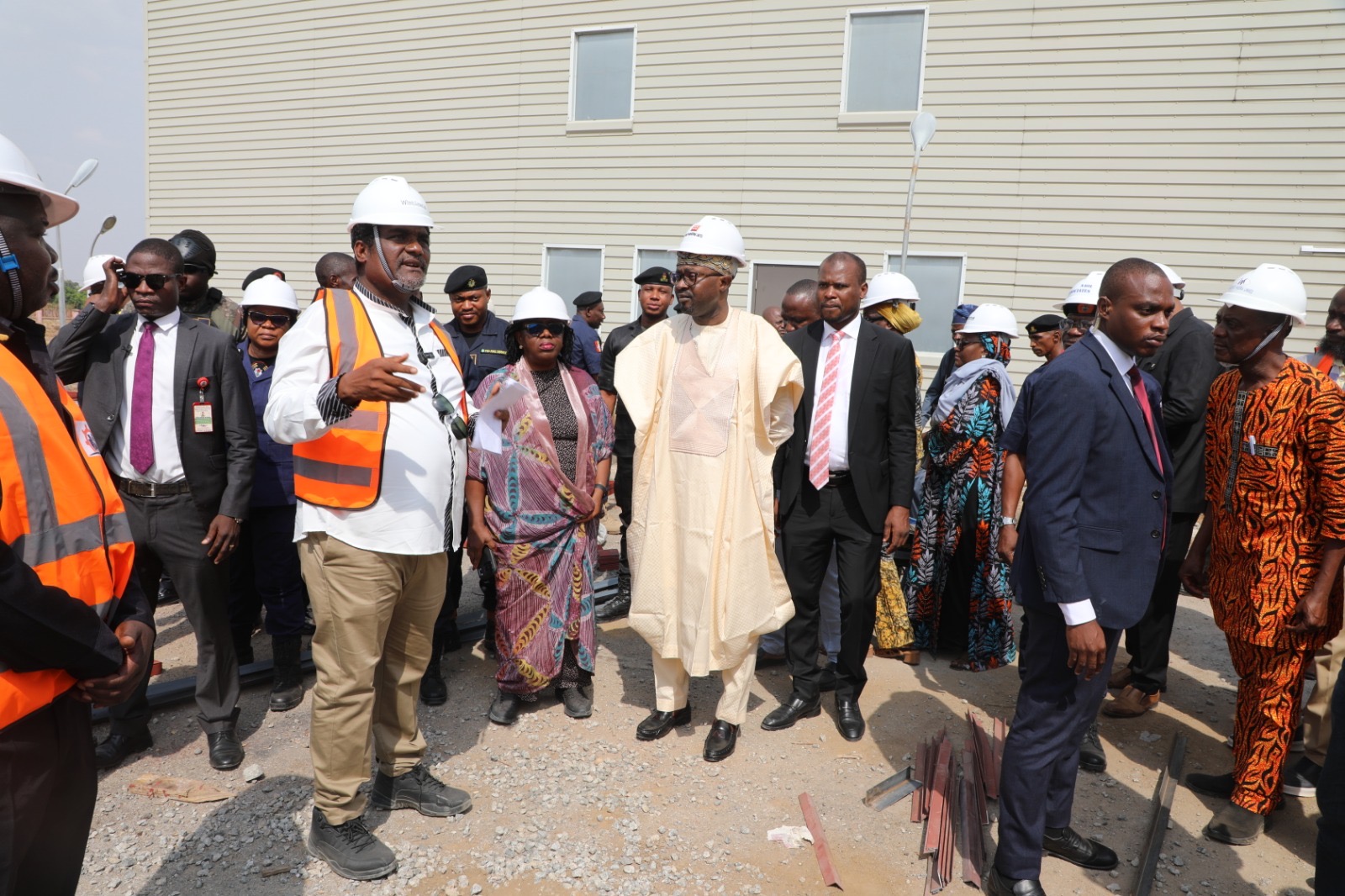By Nkechi Eze
The Deputy Ambassador of China to Nigeria, Zhou Hongyou, has reaffirmed Beijing’s commitment to deepening trade and cultural relations with Nigeria, Africa’s largest economy, as both nations continue to strengthen their strategic partnership. Zhou made this assurance during the 2025 China–Nigeria Culture and Tourism Festival, a colourful celebration of friendship, culture, and diplomacy held in Abuja.
In his remarks, Zhou Hongyou, who described himself as a first-time visitor to Nigeria, underscored the significance of the festival as “a vibrant symbol of cultural diplomacy” and an opportunity to showcase the shared values of two ancient civilisations. He announced that Nigeria is among 53 African countries set to benefit from China’s newly announced zero-tariff treatment on all exports, a landmark move expected to transform trade relations between Africa and China.
Quoting President Xi Jinping’s pledge, Zhou stated: “President Xi Jinping has pledged that China will implement zero tariff treatment on 100 percent of tariff lines for 53 African countries, and this includes Nigeria. This marks a new chapter in our Comprehensive Strategic Partnership and will open wider doors for Nigerian goods in the Chinese market.”
He added that cultural and tourism exchanges remain central to bringing the people of both nations closer, despite geographical distance. “China and Nigeria are both ancient civilisations with a rich heritage. Despite the long distance, our people are growing closer through cultural and tourism exchanges. Together, we can build a high-quality China–Nigeria community with a shared future,” Zhou said, stressing that cultural diplomacy remains an equally vital pillar of bilateral relations.
Speaking on behalf of the Federal Government of Nigeria, the Permanent Secretary in the Ministry of Arts, Culture, Tourism and the Creative Economy, Dr. Mukhtar Yawale Muhammad, described the festival as a fusion of culture and commerce. According to him, cultural diplomacy is not only about heritage and identity but also a critical driver of economic growth. “Culture and tourism are not only about identity and heritage; they are strong drivers of economic growth. With the zero-tariff policy, our creative industry, agriculture, and manufacturing sectors have greater opportunities in China,” he said.
Dr. Muhammad further noted that platforms like the Abuja festival offered Nigeria and China opportunities to consolidate their shared vision of partnership, adding that cultural events are avenues to expand creative exchange, promote mutual understanding, and strengthen socio-economic ties. “Festivals such as this are platforms for cultural diplomacy, creative exchange, and mutual understanding between nations. Culture and tourism are not only vehicles of identity and heritage but also powerful drivers of economic growth and job creation,” he explained.
Also speaking at the event, Ambassador Bolaji Akinremi, who represented the Minister of Foreign Affairs, described the 2025 China–Nigeria Culture and Tourism Festival as “a bridge of friendship.” He emphasised that cultural cooperation has become a vital tool in shaping the strong and friendly relations between Nigeria and China. “This gathering is a testimony to the strong and friendly relations between Nigeria and the People’s Republic of China—two giants in their regions and influential partners in global development,” Akinremi stated.
The festival, co-hosted by the Chinese Cultural Center in Abuja and Nigeria’s Federal Ministry of Arts, Culture, Tourism and the Creative Economy, brought together dignitaries, artists, and business leaders to witness a colourful showcase of cultural performances, exhibitions, cuisine, and fashion from both nations. The event underscored how cultural diplomacy continues to play a central role in strengthening bilateral relations while opening fresh channels for trade and investment.
Officials and stakeholders at the festival hailed the zero-tariff initiative as a major boost for Nigeria’s economy, with potential to expand market access for Nigerian products in China, encourage industrial growth, and provide a stronger base for the creative industry. Observers say the development positions Nigeria to take fuller advantage of China’s vast consumer market, while also solidifying Nigeria’s role as a leading trade partner in Africa.
The 2025 China–Nigeria Culture and Tourism Festival, beyond its colourful displays of traditional music, dance, art, and cuisine, reinforced the growing partnership between Nigeria, Africa’s most populous nation and largest economy, and China, Asia’s second-largest economy. It provided a platform for both sides to restate their commitment to building a shared future anchored on trade, cultural exchange, and mutual prosperity.
















